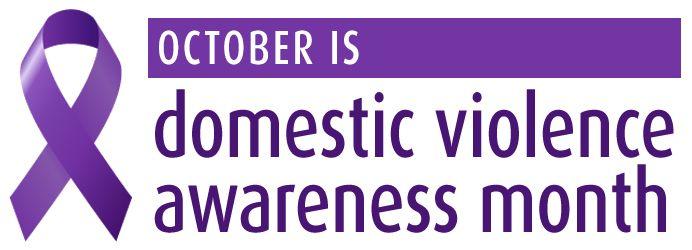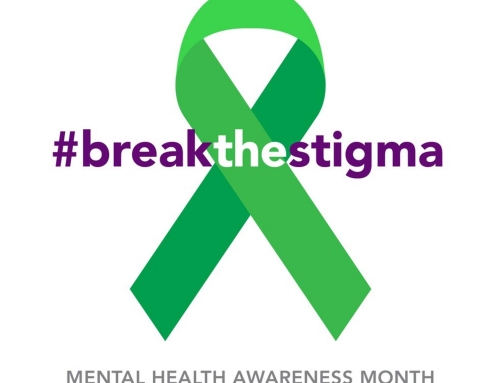
Know the signs. Get some help. Save a life.
The statistics are staggering. On average, nearly 20 people per minute are physically abused by an intimate partner in the United States, which equates to more than 10 million women and men. Additionally, 1 in 3 women and 1 in 4 men have been victims of some form of physical violence by an intimate partner within their lifetime, with 1 in 4 women and 1 in 7 men victims of severe physical violence by an intimate partner in their lifetime.
As the nation recognizes Domestic Violence Awareness Month, MAYSB is sharing a list of signs, but more importantly, what to do if you suspect you or a loved one are the victim of domestic abuse.
Abuse can also be deadly, with 46 domestic violence-related deaths reported last year in Maryland, according to the Maryland Network Against Domestic Violence (MNADV).
“Throughout this month, communities across Maryland and across the country will come together, “ said Trisha Gentle, MNADV Executive Director. “We will mourn those whose lives were taken by domestic violence, celebrate the tremendous progress we have made as a movement, share our stories of resilience and hope, and connect with one another to raise awareness and show support for survivors.”
Characteristics of Domestic Abuse
Physical Abuse
Physical abuse does not always leave marks or cause permanent damage:
- Scratching, biting, grabbing or spitting.
- Shoving and pushing.
- Slapping and punching.
- Throwing objects to hurt or intimidate you.
- Destroying possessions or treasured objects.
- Hurting or threatening to hurt your children and/or pets.
- Disrupting your sleeping patterns to make you feel exhausted.
- Burning.
- Strangling.
- Attacking or threatening to attack with a weapon.
- Any threats or actual attempts to kill you.
Emotional/Psychological Abuse
- Emotional/psychological abuse is a behavior your partner uses to control you or damage your emotional well-being. It can be verbal or non-verbal:
- Name-calling, mocking, intimidation and making humiliating remarks or gestures.
- Yelling in your face or standing is a menacing way.
- Manipulating your children.
- Telling you what to do or where you can and cannot go.
- Placing little value on what you say.
- Interrupting, changing topics, not listening or responding, and twisting your words.
- Putting you down in front of other people.
- Saying negative things about your friends and family.
- Preventing or making it difficult for you to see friends or relatives
- Cheating or being overly jealous.
- Shifting responsibility for abusive behavior by blaming others or saying you caused it.
- Monitoring your phone calls, texts, car and computer use.
Economic/Financial Abuse
Economic/financial abuse happens when the abuser makes a victim entirely financially dependent on the abuser, with no power or say in the relationship:
- Forbidding the victim to work or attend school.
- Sabotaging employment opportunities by giving the victim a black eye or other visible injury prior to an important meeting.
- Jeopardizing employment by stalking or harassing the victim at the workplace.
- Denying access to a vehicle or damaging the vehicle so the victim cannot get to work.
- Sabotaging educational opportunities by destroying class assignments.
- Withholding money or giving an allowance.
- Denying access to bank accounts.
- Hiding family assets.
- Running up debt in the victim’s name.
Stalking and Harassment
Stalking and harassment can happen between strangers or in relationships, where the abusive partner or ex demands your time even after you make it clear you do not want contact:
- Making unwanted visits or sending unwanted messages (voicemails, texts, emails, etc.).
- Following you, including installing GPS tracking software on your car or cell phone without your knowledge or consent.
- Checking up on you constantly.
- Embarrassing you in public.
- Refusing to leave when asked.
Manipulation of Technology
With the proliferation of smart home technology, a new pattern of abuse is being seen with the manipulation of internet-connected devices as a way to gain control or revenge:
- Remotely adjusting thermostats up or down.
- Manipulating internet-connected locks.
- Monitoring cameras.
- Manipulating speakers.
- Turning on or off lights.
Sexual Abuse
Sexual abuse does occur in committed relationships and marriages.
If you know someone in immediate danger, call 911. Other Maryland resources, along with help, may be found at Maryland Network Against Domestic Violence at https://mnadv.org/








